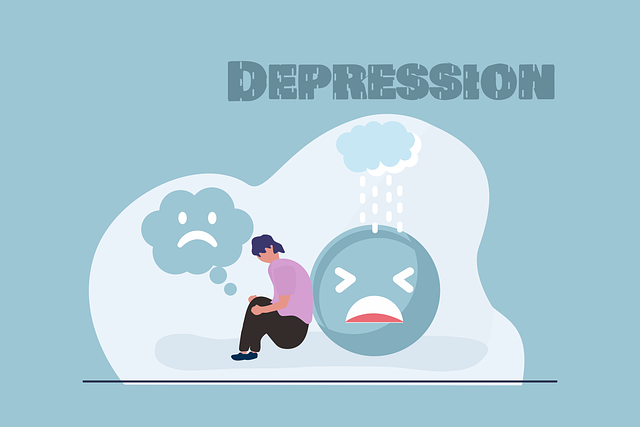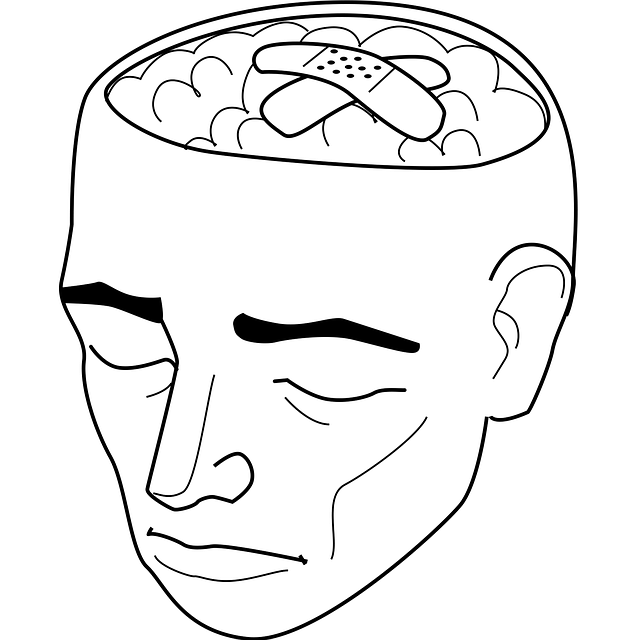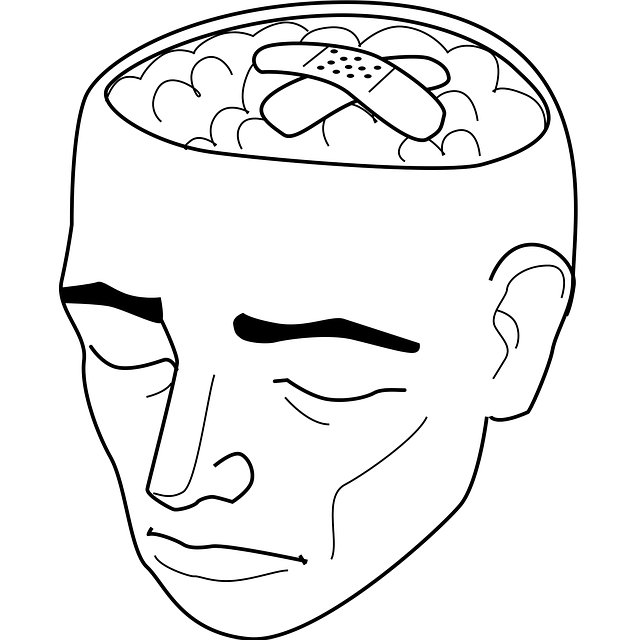In diverse communities like Colorado Springs, cultural competency is crucial for equitable healthcare. The text highlights the need for this, especially within the local Hebrew-speaking community, where language and cultural barriers exist. To address this, healthcare providers should undergo training in mindfulness, resilience, and compassion cultivation, improving patient relationships and outcomes. Organizations like Colorado Springs Hebrew Speaking Therapy offer specialized services that bridge cultural gaps and enhance understanding, leading to better mental health results. Effective cultural competency involves local demographic-specific training, interactive workshops, and continuous improvement strategies, creating an inclusive healthcare environment tailored to diverse needs.
Healthcare provider cultural competency training is essential in diverse communities, ensuring quality care that respects and understands varied backgrounds. This article explores this critical need, focusing on innovative practices like the Colorado Springs Hebrew Speaking Therapy, which bridges language and cultural gaps. We delve into the significant impact of cultural training on patient care and outcomes, outline essential components for effective programs, and provide implementation strategies for healthcare organizations aiming to enhance cultural competency continuously.
- Understanding Cultural Competency in Healthcare: A Need in Diverse Communities
- Colorado Springs Hebrew Speaking Therapy: Bridging Language and Cultural Gaps
- The Impact of Cultural Training on Patient Care and Outcomes
- Essential Components of Effective Cultural Competency Programs
- Implementation Strategies for Continuous Improvement in Healthcare Organizations
Understanding Cultural Competency in Healthcare: A Need in Diverse Communities

In diverse communities like Colorado Springs, where a mix of cultures and languages coexists, healthcare providers must possess cultural competency to ensure equitable care for all. Cultural competency involves understanding and respecting patients’ unique cultural backgrounds, beliefs, and values, which can significantly impact their healthcare experiences and outcomes. For instance, the Hebrew Speaking Therapy community in Colorado Springs highlights the need for culturally sensitive practices, as language barriers and cultural differences can lead to miscommunication and mistrust between patients and healthcare professionals.
By integrating mindfulness meditation, resilience-building, and compassion cultivation practices into training programs, healthcare providers can enhance their cultural competency. These strategies not only promote a deeper understanding of diverse cultures but also foster empathetic relationships, enabling providers to deliver more personalized and effective care. This is particularly crucial in addressing health disparities and ensuring that every individual, regardless of their background, receives the highest quality healthcare possible.
Colorado Springs Hebrew Speaking Therapy: Bridging Language and Cultural Gaps

In Colorado Springs, Hebrew Speaking Therapy offers a unique and culturally sensitive approach to mental wellness. This specialized service addresses the specific needs of individuals who speak Hebrew as their primary language, ensuring effective communication and bridging cultural gaps in healthcare. The therapists at this practice are proficient in self-awareness exercises tailored to enhance understanding between patients and providers, fostering an environment where people feel heard and respected.
Through a combination of self-Awareness Exercises and tailored communication strategies, Colorado Springs Hebrew Speaking Therapy empowers individuals to navigate the healthcare system more confidently. By overcoming language barriers, these services promote better mental wellness outcomes, ensuring that cultural competencies are at the forefront of patient care. This initiative not only improves accessibility but also strengthens the therapeutic bond between patients and therapists.
The Impact of Cultural Training on Patient Care and Outcomes

Cultural training plays a pivotal role in enhancing patient care and outcomes, especially in diverse communities like Colorado Springs where organizations like the Hebrew Speaking Therapy service are based. By equipping healthcare providers with cultural sensitivity in mental healthcare practice, patients from various ethnic and linguistic backgrounds receive more personalized and effective treatment. This training fosters compassion cultivation practices, enabling therapists to create safe spaces that respect individual beliefs and values, thereby encouraging open communication.
The impact extends beyond improved interactions; it leads to better health outcomes. Research indicates that culturally competent care promotes positive thinking and enhances patient satisfaction. It reduces the risk of miscommunication and potential harm caused by cultural misunderstandings. For instance, a therapist trained in cultural sensitivity can adapt their approach when dealing with patients from different religious or cultural backgrounds, ensuring that therapies align with personal values and traditional practices. This tailored care not only respects patients’ identities but also increases their willingness to engage in therapy, ultimately fostering better mental health outcomes.
Essential Components of Effective Cultural Competency Programs

Effective cultural competency training programs for healthcare providers should include several essential components to ensure meaningful and impactful learning. Firstly, they must offer a comprehensive understanding of diverse cultures, focusing on demographics specific to Colorado Springs, such as its growing Hebrew-speaking community. This involves educating providers about cultural norms, values, and beliefs that may influence health practices and communication styles.
Additionally, these programs should facilitate interactive workshops and role-playing scenarios to enhance coping skills development and stress reduction methods, especially relevant for professionals supporting mental wellness. By combining theoretical knowledge with practical exercises, healthcare workers can improve their ability to connect with culturally diverse patients, fostering a more inclusive and compassionate healthcare environment.
Implementation Strategies for Continuous Improvement in Healthcare Organizations

In healthcare organizations, continuous improvement is a key driver for enhancing cultural competency, especially in diverse communities like Colorado Springs where Hebrew speaking therapy services are in high demand. Effective implementation strategies involve integrating emotional well-being promotion techniques and fostering emotional intelligence among staff. This includes regular training sessions that focus on burnout prevention, ensuring healthcare providers can effectively connect with patients from various cultural backgrounds. By creating a supportive work environment that values diversity and promotes emotional resilience, organizations can facilitate meaningful interactions and improve patient outcomes.
Additionally, leveraging technology to provide ongoing educational resources and peer support networks enables continuous learning and adaptation. Encouraging open communication channels where staff share their experiences, challenges, and successes related to cultural competency further strengthens these initiatives. Such proactive measures not only enhance the quality of care but also contribute to a more inclusive healthcare system that respects and embraces the unique needs of every patient, regardless of their cultural or linguistic background, including those seeking Hebrew speaking therapy services in Colorado Springs.
Cultural competency training is no longer a nice-to-have, but an essential component of healthcare delivery, especially in diverse communities like Colorado Springs. As evidenced by the success of initiatives like the Hebrew Speaking Therapy program, addressing language and cultural gaps can significantly enhance patient care and outcomes. By implementing effective cultural competency programs and continuously improving them, healthcare organizations can foster inclusive environments that better serve all patients. This holistic approach ensures that every individual receives respectful, culturally sensitive care, ultimately leading to improved health outcomes and stronger community connections.














